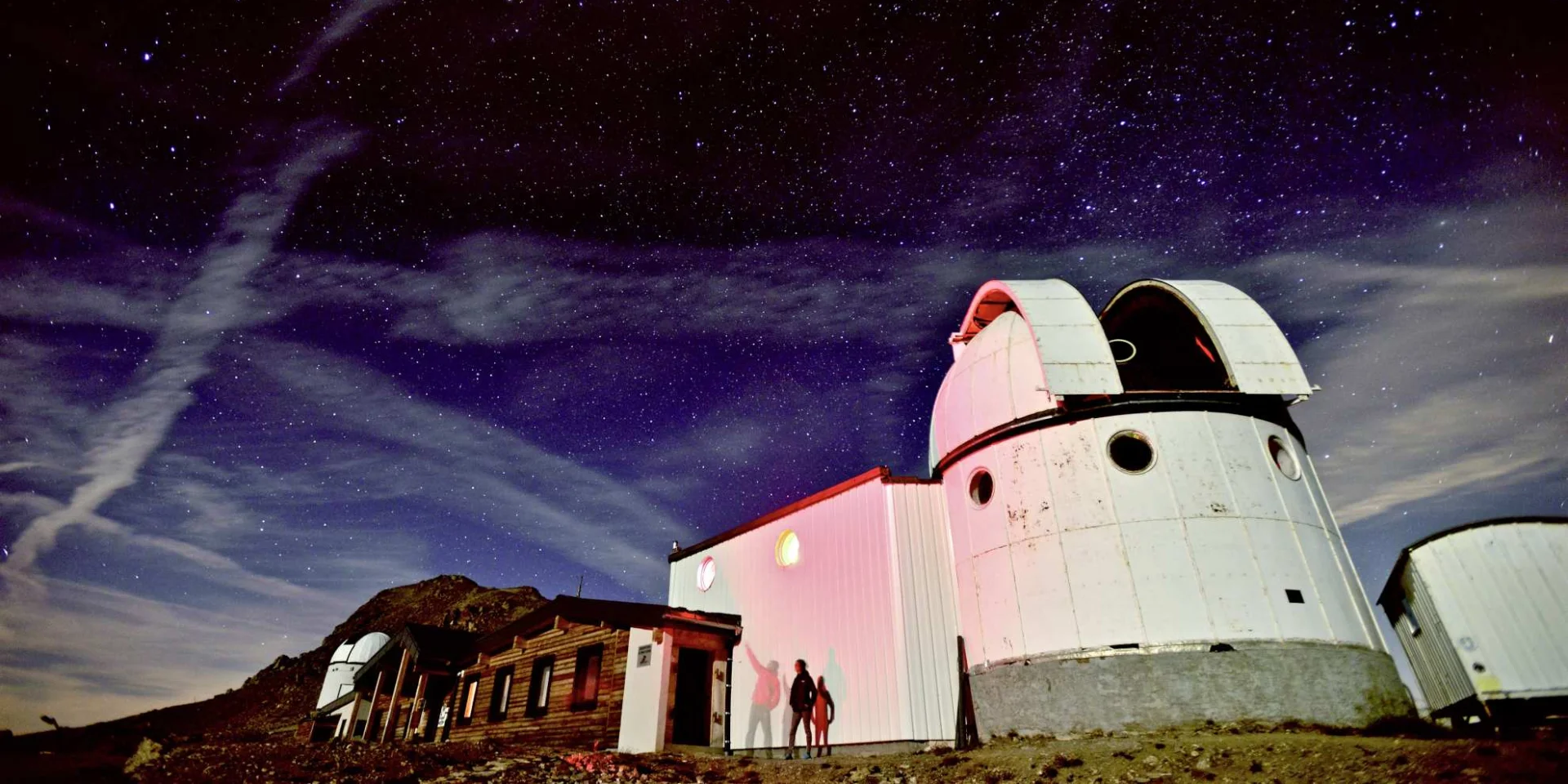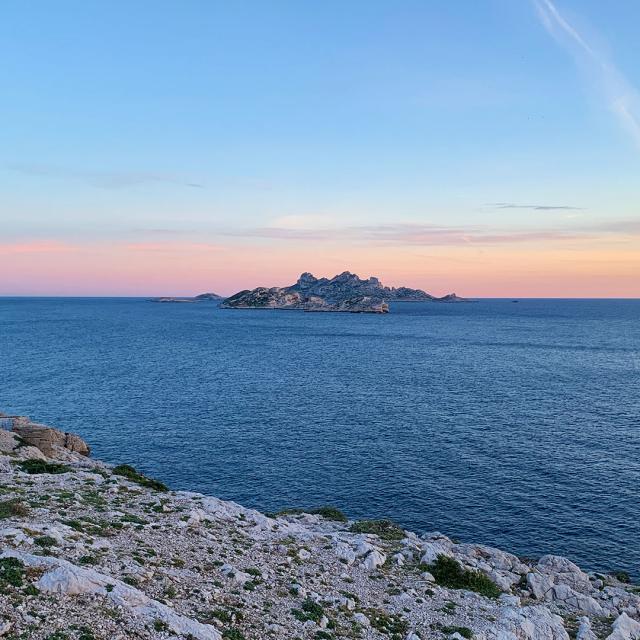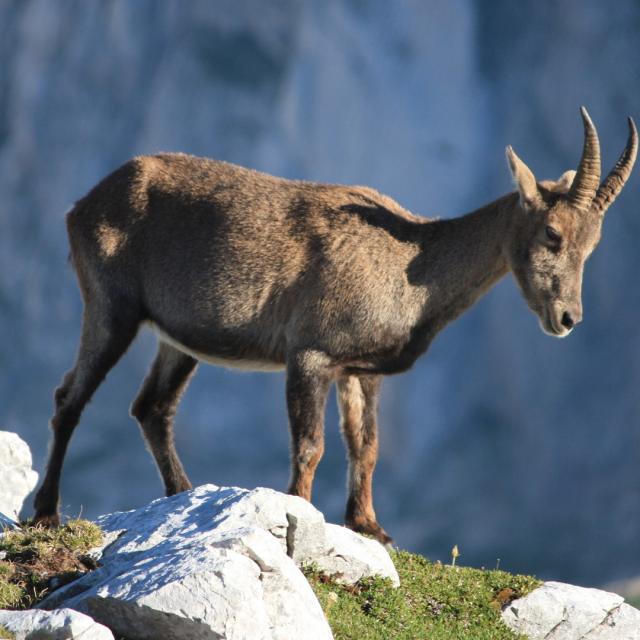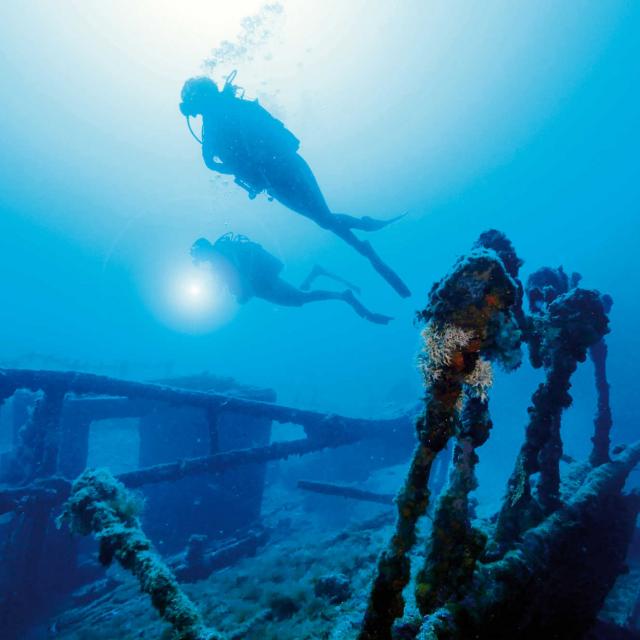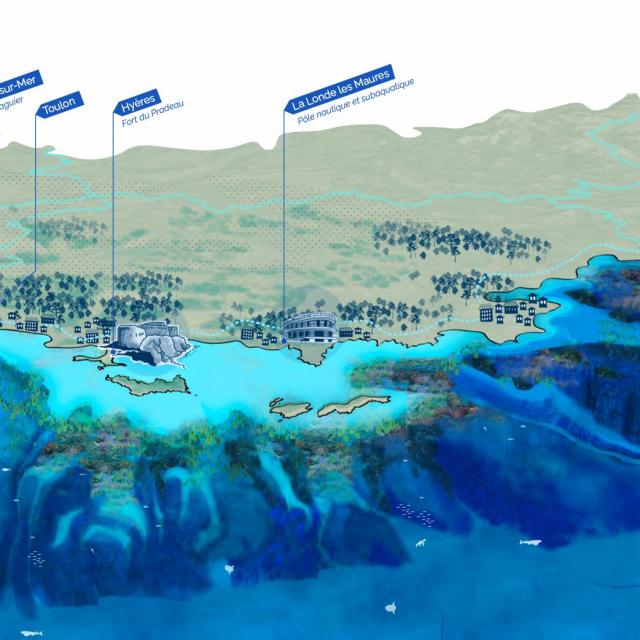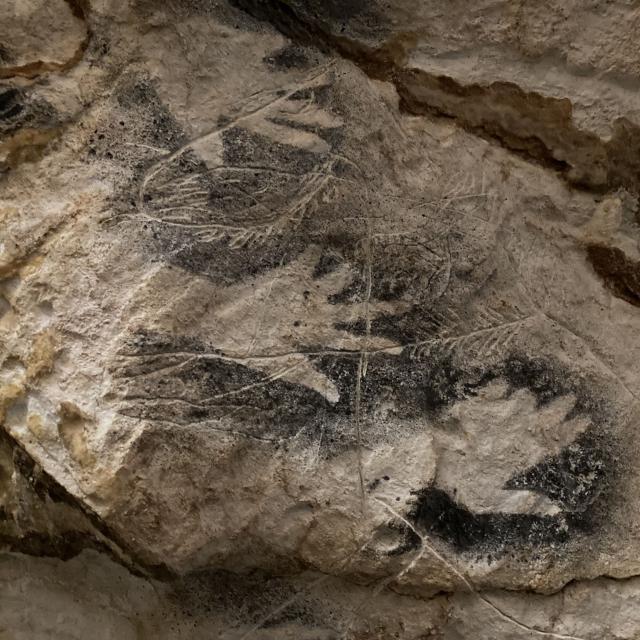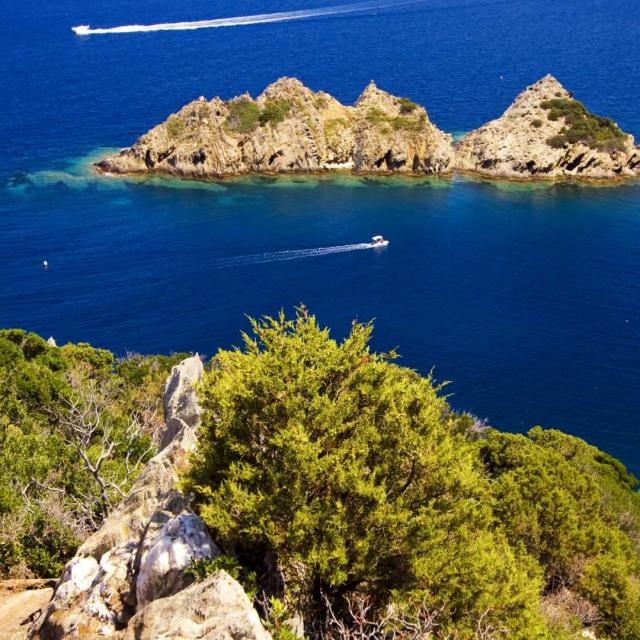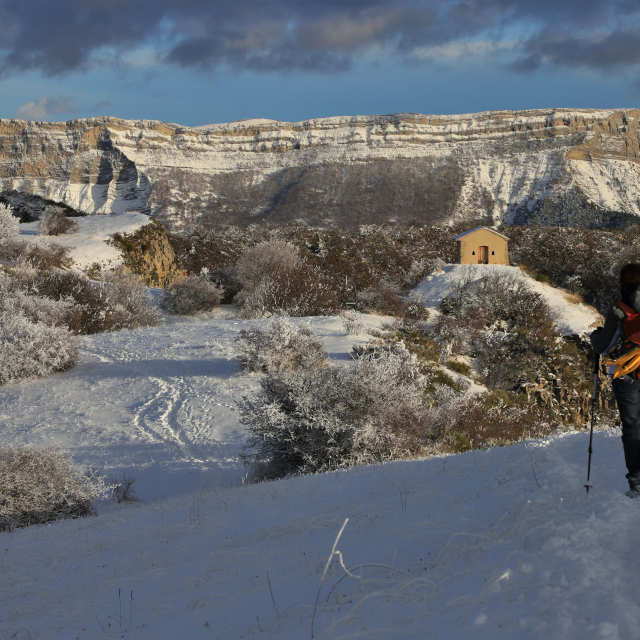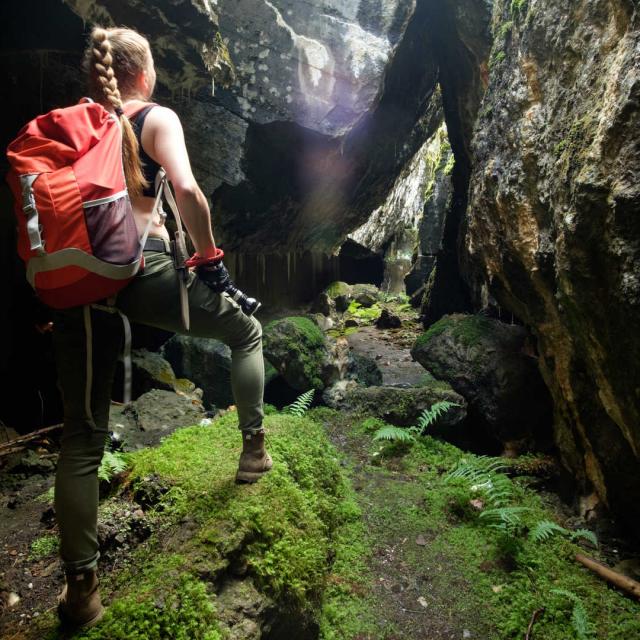Exceptional nature
With 4 national parks and many regional natural parks,natural reserves and biosphere reserves, the Sud is a region widely recognised for the exceptional diversity of its landscapes and nature. It is an open-air observation lab for scientists and those keen on biodiversity. It is also a favourite destination for those who want to immerse themselves in nature in order to understand how it works and learn to recognise the various wildlife species it hosts. Discover the educational areas in the region, such as the Naturoptère or L’Arche des Cimes, or set off to explore the Sud’s natural sites on your own or with a naturalist guide!
